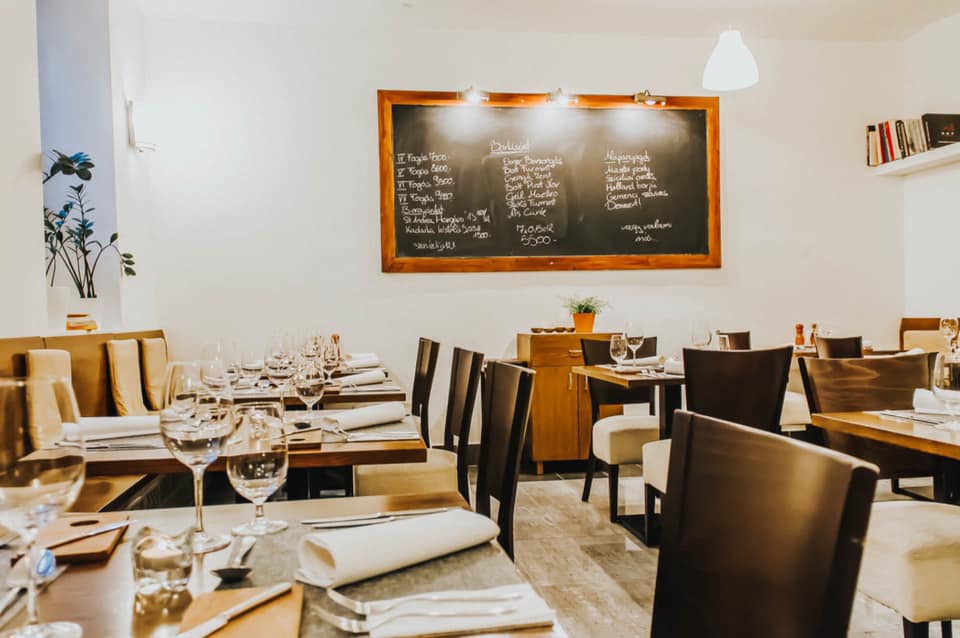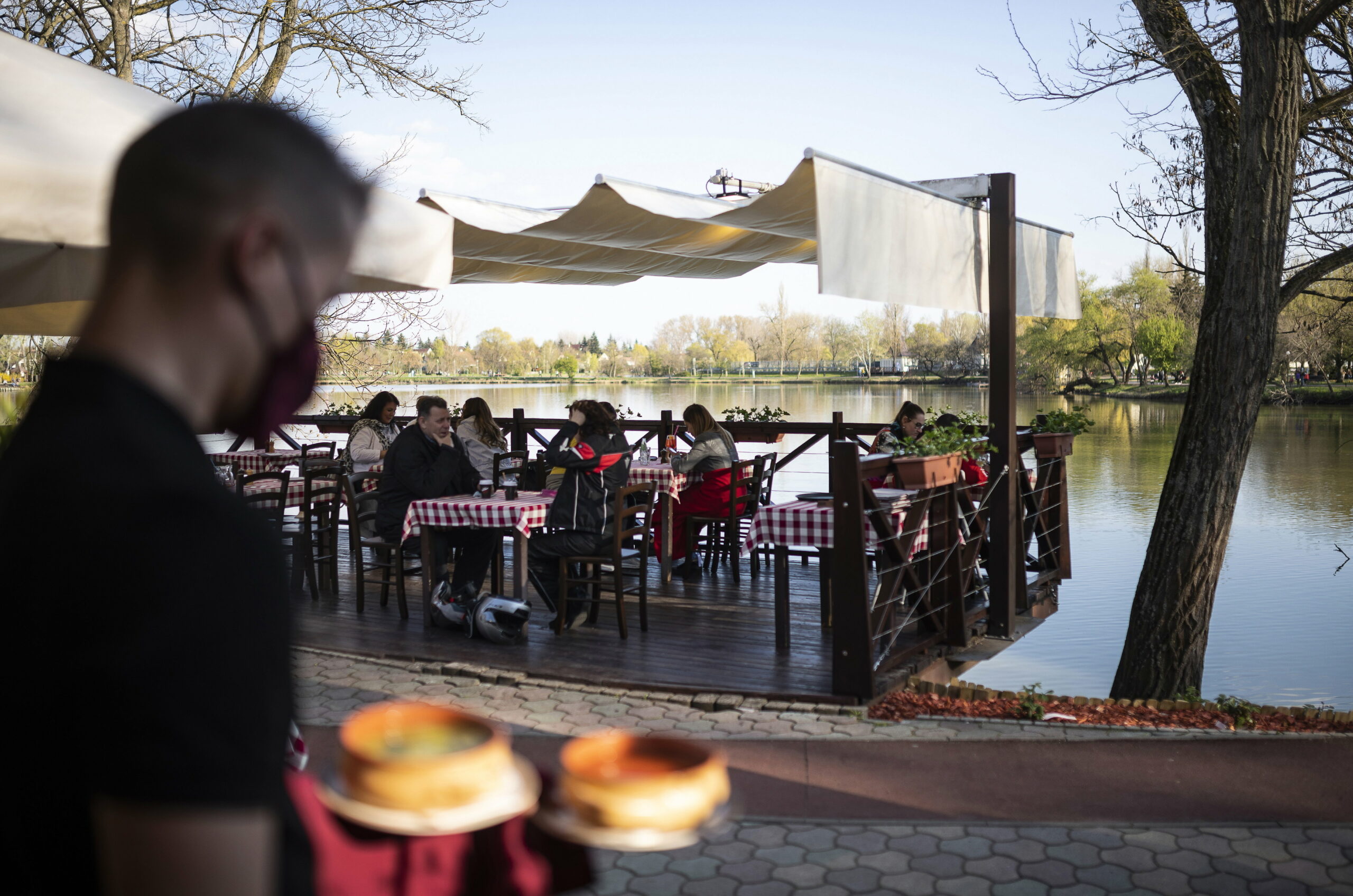
Olimpia, Csalogány 26, and Fricska were among the Hungarian capital's best and most iconic restaurants.Continue reading

Increasing labor shortage, rising wages, and increasing raw material and energy costs are leading to great difficulties for the hospitality industry, reports Portfolio.hu. According to the economic portal, Hungarian restaurants will have to significantly raise prices. Some market participants expect prices to go up by 15-20%, with certain opinions even putting the rate hike in catering to 30-50%.
This article was originally published on our sister-site, Ungarn Heute.
At the end of last year, companies canceled almost all of their year-end events, generating a significant loss of revenue in the industry. In the period before the coronavirus, these events actually made up the reserve for January and February, months usually booking low incomes. As a consequence, many restaurants had to start 2022 without this reserve, Hungarian Hotel & Restaurant Association’s co-chairman András Gendur, told the website.
Restaurants and pubs can be open, so they have all the turnover, but still only reaching two-thirds of the turnover booked in the last year before the coronavirus outbreak. In addition, labor shortages remain a serious concern, especially for cooks and waiters. And available workers always tend to aim for higher wages.
Almost everyone agrees that rising energy and commodity costs, as well as rising wages, will be the biggest problem this year. Electricity prices in the sector are expected to increase by at least threefold, even sixfold. For example, primary vegetables, which are important for food production, are often produced in natural gas-fired foil tents. Rising energy prices will make supplies more expensive, and this is also the case with meat products.
At the same time, those in hospitality were very pleased that there has practically been no tightening in the epidemiological measures in Hungary in recent times. “It was very important that there was no lockdown in Hungary, unlike Austria or the Netherlands, for example. With it, more people would have gone bankrupt. In many restaurants, regular customers now make up a large part of the turnover, but many entrepreneurs are already looking forward to spring,” explained László Kovács. According to the Hungarian Hotel & Restaurant Association’s president, many businesses are now living on the reserves they accumulated during a busy summer or on loans they took out earlier.
Meanwhile, price increases on the market are already underway. “Another 15-20% increase is expected,” said Rudolf Semsei, owner and general manager of VakVarjú restaurants.
“If you want to survive, you have to raise prices, but caterers might not do that for fear of losing customers. Nevertheless, an increase of at least 15-20% is foreseen. It will take between six months and a year for people to get used to the new pricing.”
Semsei also views labor shortage as a serious problem, which was exacerbated during the epidemic by the fact that
many people fell ill from the omicron variant, resulting in many falling off the rosters.
All experts agree that with the opening of the terraces and the start of the season at Lake Balaton, staff shortage could again become an urgent issue. Up to 30-40,000 workers could be on the road for the summer season in a few months to earn even more in the busier restaurants.
featured image via Attila Balázs/MTI